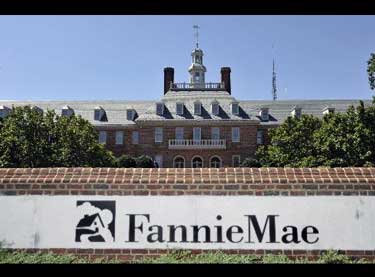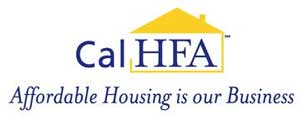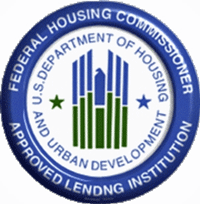Many economists and housing analysts blame lax lending standards – including no-down payment, no-document loans – for contributing to the challenges in the current real estate cycle. As a result, most lending institutions have increased minimum down payment requirements. Now, a new proposal by the Obama administration calls for gradually raising down payments to a minimum of 10 percent on conventional loans – those that can be bought or guaranteed by Fannie Mae and Freddie Mac.
MAKING SENSE OF THE STORY
- Banks have found that larger down payments discourage delinquencies by increasing the buyers’ exposure to loss and reducing the impact of declining prices. According to a study by the Federal Reserve Bank of St. Louis, buyers who made smaller down payments were more likely to default during “unfavorable economic circumstances, such as a housing market slowdown or job loss.”
- A recent analysis showed the median down payment in nine major U.S. cities rose to 22 percent last year on properties purchased with conventional mortgages. That percentage doubled in three years and represents the highest median down payment since the data were first tracked in 1997.
- Higher borrowing costs and larger down payments could cause housing prices to decline further, analysts say. For now, borrowers who can’t afford such amounts are turning to alternative programs, such as loans for veterans or those backed by the Federal Housing Administration. Some industry experts say this has created a nonconventional mortgage market for riskier borrowers and those who don’t qualify for conventional loans.
For all your real estate needs Call
John J. O’Dell
Real Estate Broker
(530) 263-1091
Email jodell@nevadacounty.com
DRE# 00669941




